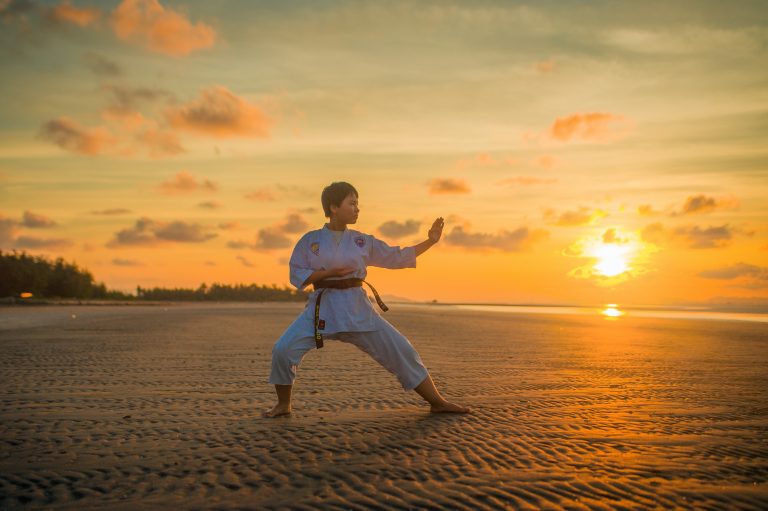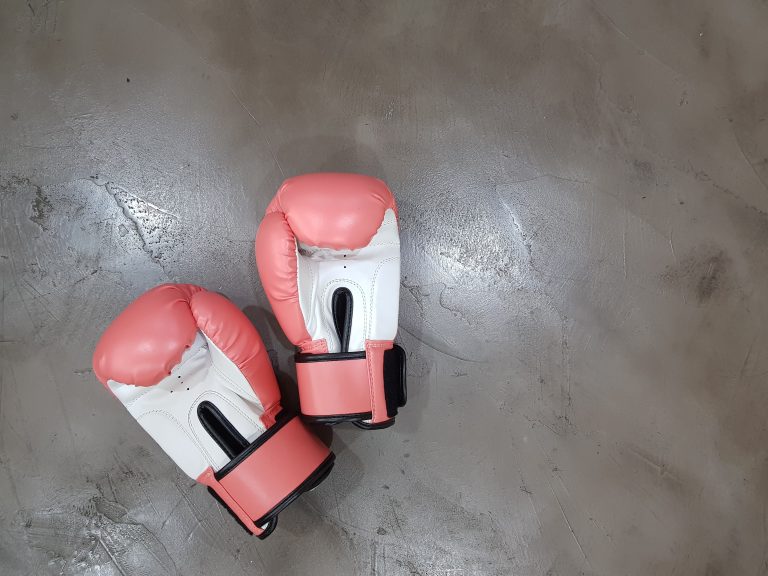Karate: What Are the Health Benefits and Who Should Practice It?
Karate is an ancient Japanese martial art that dates back centuries. It was originally a method of self-defense dedicated to physical and mental training.Today, karate is practiced by millions of people all over the world—men and women, children and adults. Not only is it a fun and exciting way to stay active, it also offers a variety of health benefits. In this article, we’ll take a look at what those benefits are, what’s involved in karate training, and who should practice it.
What Are the Health Benefits of Karate?
Karate is an intense form of physical exercise that engages both your mind and body. It’s an excellent choice for anyone looking to get in shape or improve their overall health. Here are just a few of the benefits associated with karate:
- Improved Strength and Endurance. Karate involves repetitive movements and stations that work your muscles and develop your strength and endurance. By practicing karate regularly, you’ll build strength faster than if you were just doing regular cardiovascular exercise.
- Cardiovascular Health. Much like other forms of exercise, karate requires cardiovascular conditioning. Regularly practicing karate can help your heart become more efficient in pumping blood throughout your body, leading to increased cardiovascular health.
- Weight Loss. Karate is an excellent choice for anybody looking to lose weight in a safe, effective manner. The constant movements and demanding stations can help you burn calories while building muscle, leading to healthy weight loss over time.
- Flexibility. As you practice karate, you’ll work on increasing range of motion in your joints and muscles. This can help improve your overall flexibility and reduce the risk of injury in everyday life.
- Anxiety Relief. While you exercise, your body releases endorphins which help relieve stress and anxiety. This can lead to a calmer state of mind and lower levels of stress overall.
- Self-Defense Skills. Most importantly, karate can provide you with invaluable self-defense skills. Should you find yourself in a dangerous situation, knowing how to defend yourself can make all the difference.
What Does Karate Training Involve?
Karate training typically involves a combination of physical and mental conditioning. In most classes, practitioners will warm up with some light exercises before moving onto the more serious up stances and techniques. Depending on the school or instructor, classes may also involve stretching or sparring drills.
Physically, karate involves the following components:
- Kihon: Kihon refers to basic stances and strikes that form the foundation of karate practice.
- Kata: Kata is a series of prearranged moves involving blockages and strikes against imaginary opponents.
- Kumite: Kumite is a type of sparring match against a real-life opponent.
Mentally, karate involves important concepts such as discipline and personal growth. Through practice, practitioners will learn the importance of commitment and dedication, as well as how to properly read and react to any given situation. Furthermore, practitioners will learn valuable life skills that can be applied far beyond the dojo walls.
Who Should Try Karate?
Given its physical and mental benefits, there’s no doubt that karate is suitable for practically anybody. However, depending on your experience and level of fitness, some karate classes may be more suitable than others. Here are some general guidelines to consider:
- Beginners: Beginners should opt for an introductory class or lower-level class for beginners. These classes typically involve light exercises and focus on building fundamentals before moving onto more advanced levels.
- Intermediate: Intermediate-level classes are perfect for people who have some knowledge of karate but need to refine their technique and gain more experience. Intermediate classes typically involve more challenging movements and drills.
- Advanced: Advanced classes are designed for more experienced practitioners looking to perfect their technique and engage in intense physical exercises involving sparring drills or weightlifting.
It’s important to note that you don’t need any prior knowledge or experience to start practicing karate. Anybody who has an interest should feel free to give it a try! Just remember to always ensure that your chosen class is suited for your physical abilities and needs.
Conclusion
Karate is an ancient martial art with a rich history and many important benefits for practitioners. Whether you’re looking to improve your physical health or gain valuable self-defense skills, there’s something for everyone in karate practice. Choose a class suited for your physical abilities and needs, make sure you have the right equipment, and start enjoying all that karate has to offer!
Karate: What Are the Health Benefits and Who Should Practice It?
Karate is a traditional martial arts form that originated in Japan. It has become a popular combat sport and fitness activity, widely practiced around the world. Many people love to practice karate for its health benefits and physical fitness advantages. In this blog post, we will answer the most frequently asked questions about karate, including its benefits for overall health and who should practice it.
What is Karate?
Karate is a form of martial art that originated in Japan. The word „karate“ means „empty hand,“ which signifies that it is a form of unarmed combat. Karate focuses on punches, kicks, knee and elbow strikes, and open-handed techniques.
Karate has evolved into a popular combat sport, with competitors wearing protective gear and competing in tournaments under set rules. However, karate can also be practiced as a fitness activity, with a focus on developing strength, agility, flexibility, and endurance.
What Are the Health Benefits of Karate?
Karate is more than just a combat sport or martial arts form. It offers numerous health benefits, both physical and mental. Here are some of the top health benefits of practicing karate:
1. Improves Physical Fitness
Karate is a high-intensity workout that involves various movements and techniques that target different muscle groups. Practicing karate regularly can help you develop strength, endurance, speed, agility, flexibility, and balance. It is an excellent form of cardiovascular exercise that can improve your overall fitness level.
2. Increases Coordination and Reflexes
Karate involves a lot of footwork and hand-eye coordination. The repeated practice of various combinations of movements and techniques can improve your coordination, reflexes, and reaction time.
3. Boosts Mental Health
Karate is not just physically challenging; it is mentally challenging as well. Practicing karate requires focus, discipline, and mental toughness. It can help you build self-confidence, self-esteem, and a positive attitude. Karate also teaches you how to manage stress, anxiety, and other mental health issues.
4. Enhances Self-Defense Skills
Karate is a martial art form that focuses on self-defense. Practicing karate can help you develop the skills and techniques necessary to defend yourself in a potentially dangerous situation. However, it is essential to learn karate from a qualified instructor who can teach you proper techniques and principles.
Who Should Practice Karate?
Karate is a suitable activity for people of all ages and fitness levels. However, it is essential to consult your healthcare provider before starting any new physical activity. Here are some groups of people who can benefit from practicing karate:
1. Children and Adolescents
Karate can benefit children and adolescents in several ways. It can help them develop physical fitness, coordination, discipline, and self-confidence. Karate can also teach them important life skills such as respect, empathy, and teamwork.
2. Adults
Karate is an excellent stress-relieving activity for adults. It can help them develop physical fitness, mental toughness, and self-confidence. Karate can also be a social activity, as many dojos (karate training centers) offer group classes and events.
3. Seniors
Karate can benefit seniors in several ways. It can help them maintain physical fitness, balance, and mobility as they age. Karate can also be a social activity, helping seniors stay engaged and active in their communities.
4. People with Disabilities
Karate can be adapted to suit people with different types of disabilities. It can help them develop physical fitness, coordination, and confidence. Karate can also be an inclusive activity, helping people with disabilities integrate into their communities.
Conclusion
Karate is more than just a martial arts form; it is a way of life. Practicing karate can offer numerous health benefits, both physical and mental. It is a suitable activity for people of all ages and fitness levels, but it is essential to learn karate from a qualified instructor who can teach you proper techniques and principles.
If you are interested in practicing karate, consider joining a local dojo or gym that offers karate classes. Make sure to wear comfortable clothes and supportive shoes, and bring plenty of water. With regular practice and dedication, you can enjoy the many health benefits of karate.
Inhaltsverzeichnis






